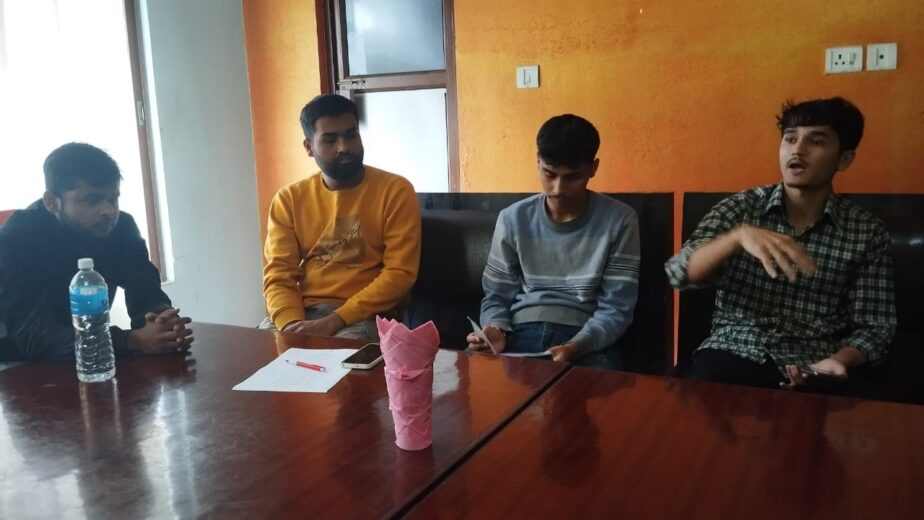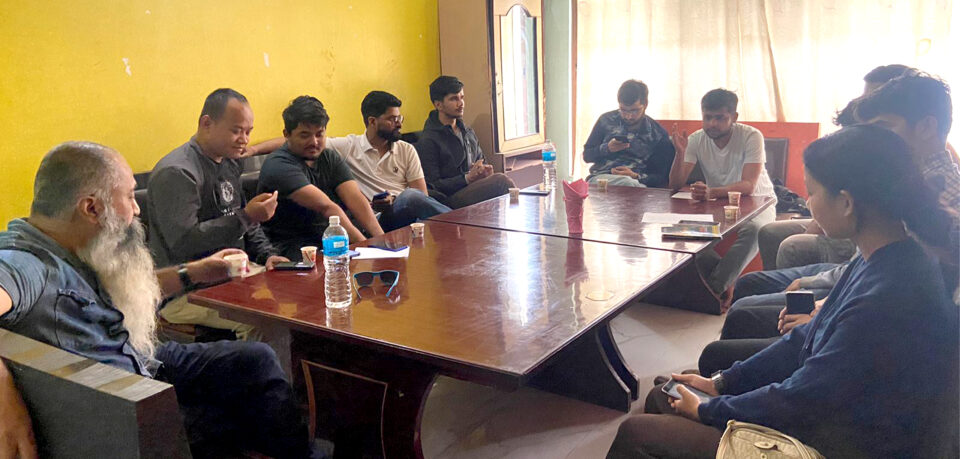The language barrier and cultural differences often distorts the free flow of ideas across countries. Recognizing this issue, Samirddhi Foundation has been working in the field of translation for the past few years, with the sole aim of disseminating ideas based on freedom and democratic principles. One of their recent endeavors was the translation of a book titled ‘An Introduction to Economic Inequality’ by Eamon Butler. The translator of this book is Biplov Pratik, who is a poet and lyricist by profession and is well-known in the writing field.
Bikalpa – An Alternative hosted twelve participants from our networks for a discussion on this newly translated book on March 23, 2024, and we witnessed some interesting conversations centered around it.

The discussion started with a general summary of the book and participants’ perceptions after reading it. Since this book is based on an alternative viewpoint, some found it as a critique of redistribution policies, while others acknowledged that their values did not quite align with those of the author. The discussion then revolved around the significance of redistribution policies. Reflecting on the views of the writer, one participant pointed out that redistribution policies themselves are contradictory to the notion of equality because they require treating people unequally. Additionally, some noted that paying everybody equally does not result in equal outcomes, as people have different spending patterns and needs. Thus, if the intention of redistribution is to create equal outcomes, it fails at the outset.
In defense of redistribution policies, one participant argued that instead of aiming for equal outcomes, such policies should be viewed as a means to create equal opportunity. This would provide everyone with an equal footing to improve their standard of living by enabling them to spend more. Building on these claims, another participant suggested that the inefficiency of the government is the actual reason for the ineffectiveness of such policies. The discussion then delved into the roles and responsibilities of the government towards marginalized groups, with participants emphasizing that everyone deserves access to quality healthcare and education. Leaving these essential services solely to the market might hamper the rights of these communities. Therefore, the role of government in ensuring service delivery, especially in these sectors, cannot be compromised.

